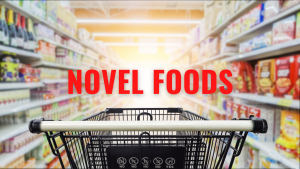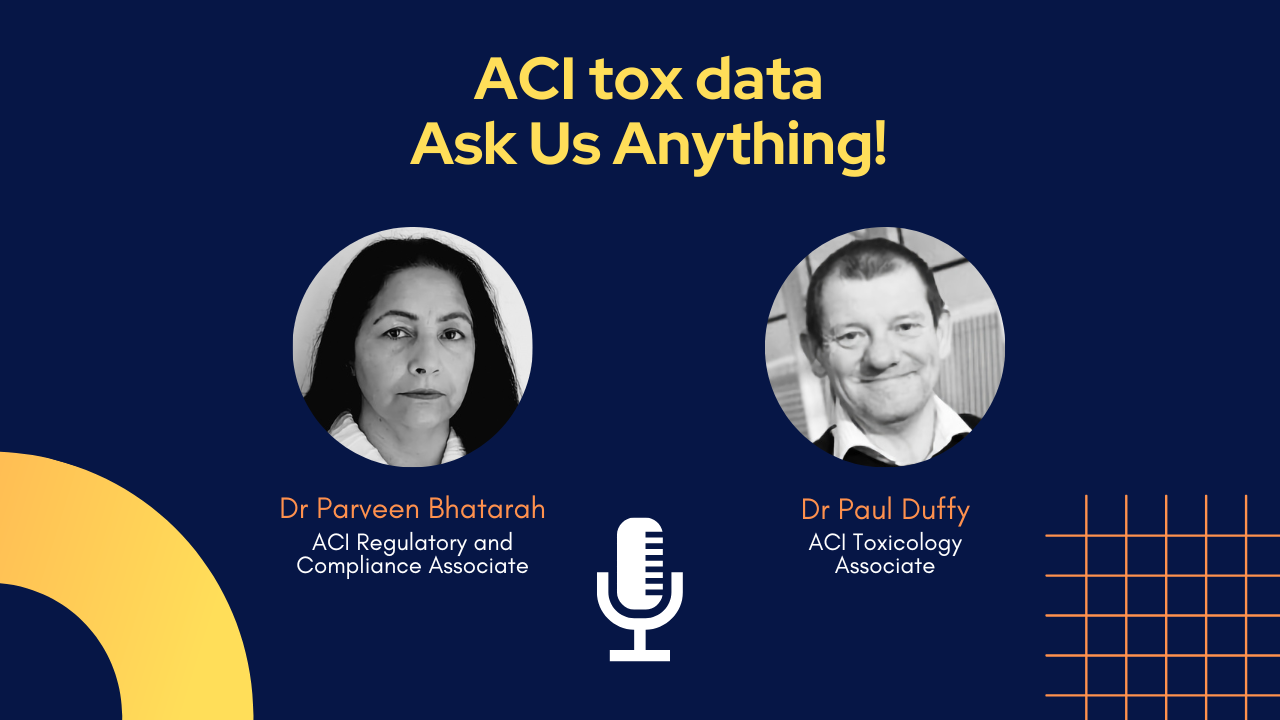A number of CBD companies have until 28 February to provide sufficient toxicology data to the Food Standards Agency, or risk losing the right to sell their products.
Cannabinoid Insight has learnt that up to 40 CBD companies which submitted summary data on epilepsy drug Epidiolex in their novel foods application, have until 28 February to submit sufficient toxicology data, or risk their products being removed from shelves.
The new deadline applies to those who submitted dossiers with literature reviews of pre-existing studies by the FSA’s 31 March 2021 deadline.
In November 2021, the FSA updated online guidance for those submitting a novel food application for the first time, confirming that applicants needed to include details of the toxicological studies undertaken or proposed. The guidance read:
“Applicants will need to include details of the toxicological studies they have undertaken, or propose to undertake, with clear details of the reasoning for these particular tests.
“Where all information isn’t available at the time of submission, a justification for the delay and when results will be available must also be included. Without such information it is unlikely we will be able to validate an application.”
On 21 January, the FSA reiterated that any review of pre-existing studies would not go far enough in proving the safety of CBD in food.
Paul Tossell, Head of Novel Foods and Radiological Policy Team at the Food Standards Agency told Cannabinoid Insight:
“Some applicants have based their safety cases on literature reviews of studies to support their applications which are not sufficient evidence based on the Committee on Toxicity’s work, which considered summary data on Epidiolex. Therefore, we have asked for these applications to be supplemented with supporting data by 28 February.
“We have advised that there may be options including accessing other existing data rather than undertaking further studies to complete the gaps.
Mr Tossell added:
“There is not sufficient data in the public literature to prove a safety level in food. Previous studies have shown that the benefits for therapeutic levels outweighs the risks at those levels of exposure. This is a very different position to foods in the food chain. The application process for food safety will assess what levels are safe in food.”





